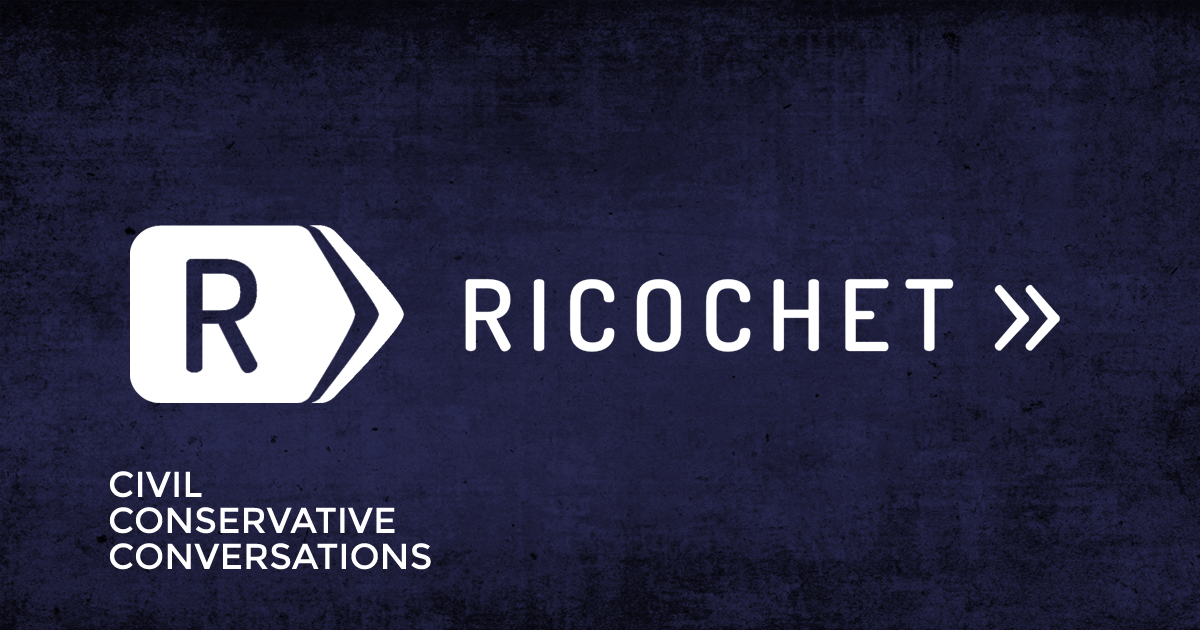
“Never give an order you know won’t be obeyed.” — Advice given to officer trainees by senior officers
I know I heard some variant of that when I was in ROTC back in the 1970s. Back then, it was advice rooted in practicality and even self-preservation. US troops in Vietnam were disregarding orders, and occasionally avoiding the consequences of disobeying orders by “fragging” the officer who gave the order to ensure no charges would be pressed. “Did we disobey the butterbar, Captain? Of course not. Didn’t hear no order, and I’m sure the second looie would tell that himself if he hadn’t dropped that grenade in his tent. Ya know captain, he struck me as suicidal, but we don’t want his family burdened with that. Let’s just tell them it was an accident. Right, guys?” (And everyone else agrees.)
The real reason officers don’t give orders they know won’t be obeyed, is because once you do, and it is disobeyed, it is mutiny, and all discipline goes out the window. Truly mutinous troops literally have no more to lose. And generally, there are a lot more soldiers than officers. It gets ugly really quick.
Better to give an order that will be followed and get them into the habit of obeying again before pushing them back to the line they would not cross earlier. Unless you have enough force behind you to make examples of the mutinying soldiers or sailors. Good officers dislike resorting to that because it is a failure of leadership.
This rule applies double when dealing with civilians, especially civilians in the United States and Canada. They have no particular obligation to obey orders given by government officials (including police) except under strictly limited circumstances. They do not have to blindly follow orders given by such people. We are not subjects, we are free citizens.
A county or city employee (including officers of the law) cannot arbitrarily come to my home, order me to vacate it, and turn it over to the government. They have to show cause. At a minimum, I would require a warrant before allowing them access to my property. If they provide a compelling reason (“there is a gas leak 100 yards from your house”) they can persuade me to comply. Absent a court order, they cannot compel compliance.
Even then, they cannot compel compliance. In a country like the US or Canada, laws are obeyed because citizens choose to obey them. If the majority of citizens — or even a sizable minority — choose to ignore a law, it becomes unenforceable. At which point government officials learn the limitations of their orders.
We are seeing that illustrated by the various truckers’ blockades in Canada. The truckers and their supporters have chosen to disobey the law, nonviolently. As long as they continue to do so nonviolently, it will be impossible to prevent them, no matter what orders are given.
The Ambassador Bridge blockade is an illustration. It had been closed for several days. The protestors were told to leave. They remained. Those wanting the bridge opened went to court. They got a court order demanding the bridge be vacated. The protestors remained. They were given a deadline to leave. They ignored it. They were given a new deadline. They ignored that. Finally, on Sunday the police persuaded the last of the rigs on the bridge to leave. Game over, right?
Well, no. Today thousands of pedestrians came out and blocked the roads leading to the bridge. The bridge is still closed. The police clear the pedestrians out of one place and they move to another. The bridge remains closed. Possibly, by force of effort, the police clear a path to the bridge.
So tomorrow, trucks start crossing the bridge. As they are crossing, one breaks down. It’s just a breakdown, officers, honest. Guess we will have to tow it. But all the truck wreckers are unavailable. The drivers are all out with Covid. Or something. Eventually, the truck gets moved. A few hours later another truck breaks down. The circus repeats itself until the cops lose patience.
Traffic starts flowing again. The police go away. (Probably to break up other blockades.) Pedestrian protestors again block the roads. Rinse, lather, repeat.
Because ultimately the rule of law is what the citizens say it is.
But, you say, what about the $100,000 fines and one year in prison Chancellor Ford is threatening. Get real. No one is going to get fined $100,000 (even in Canadian money) for peacefully standing on a road. Criminal mischief, maybe — a misdemeanor with a $1,500 (CD) fine. If that. They will have trouble even getting that if these go to jury trials. Citizens make up those juries. Ultimately the rule of law is what the citizens say it is.
These cases are not going to be decided by lawyers (despite what lawyers think), the laptop class, and the gentry class — unless they are tried as petty misdemeanors. They will be decided by average Canadians sitting on the juries, the very people the gentry and laptop classes have been dumping on for the last two years.
And who knows, having tasted once of freedom the average Canadians may decide they like the taste. Because ultimately the rule of law is what the citizens say it is. And the rulers, by issuing orders they knew would not be obeyed, will find themselves outside that new rule of law.
Published in GeneralThanks for reading Quote of the Day: Orders – Ricochet - Ricochet.com. Please share...!

0 Comment for "Quote of the Day: Orders – Ricochet - Ricochet.com"